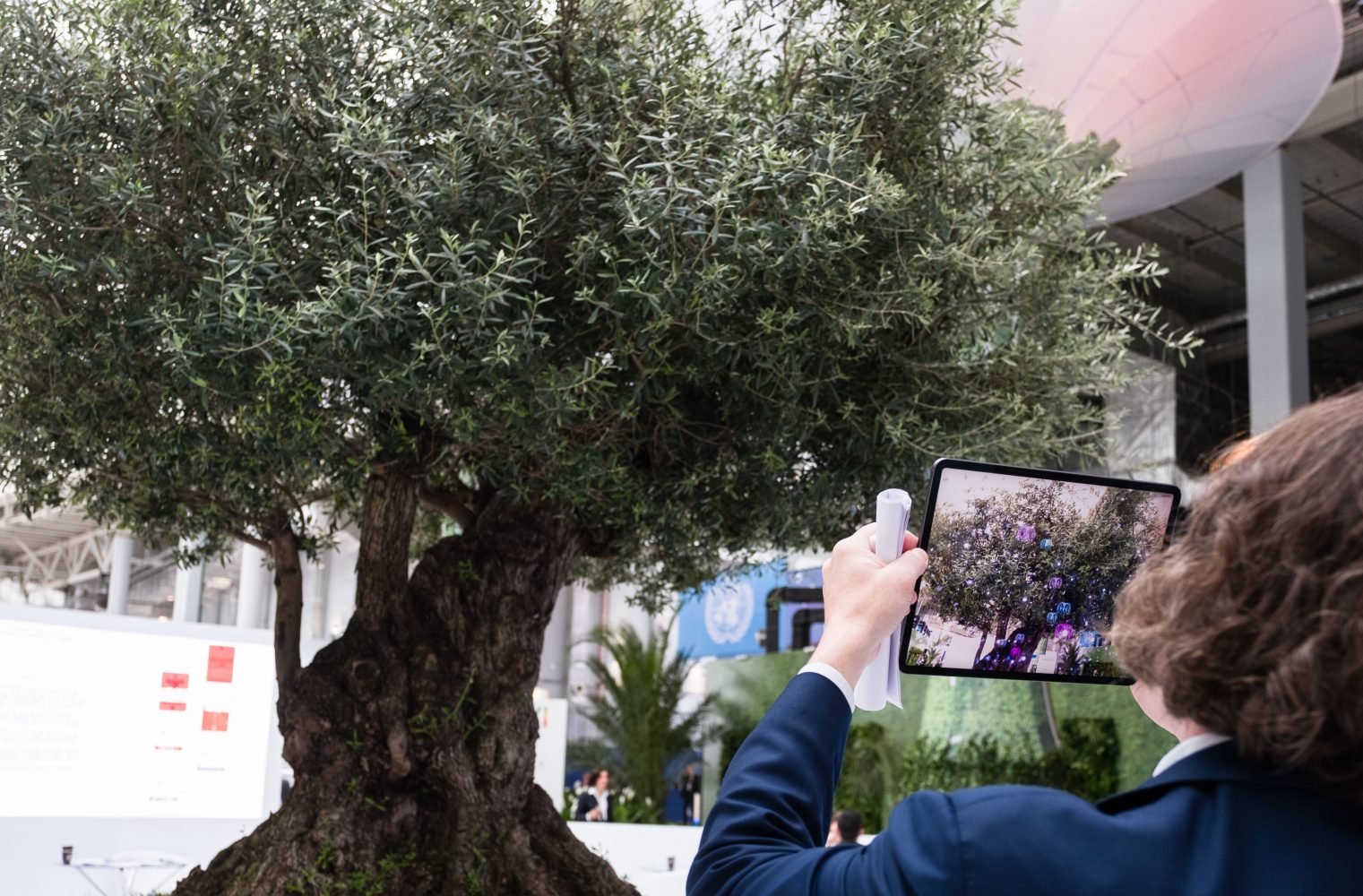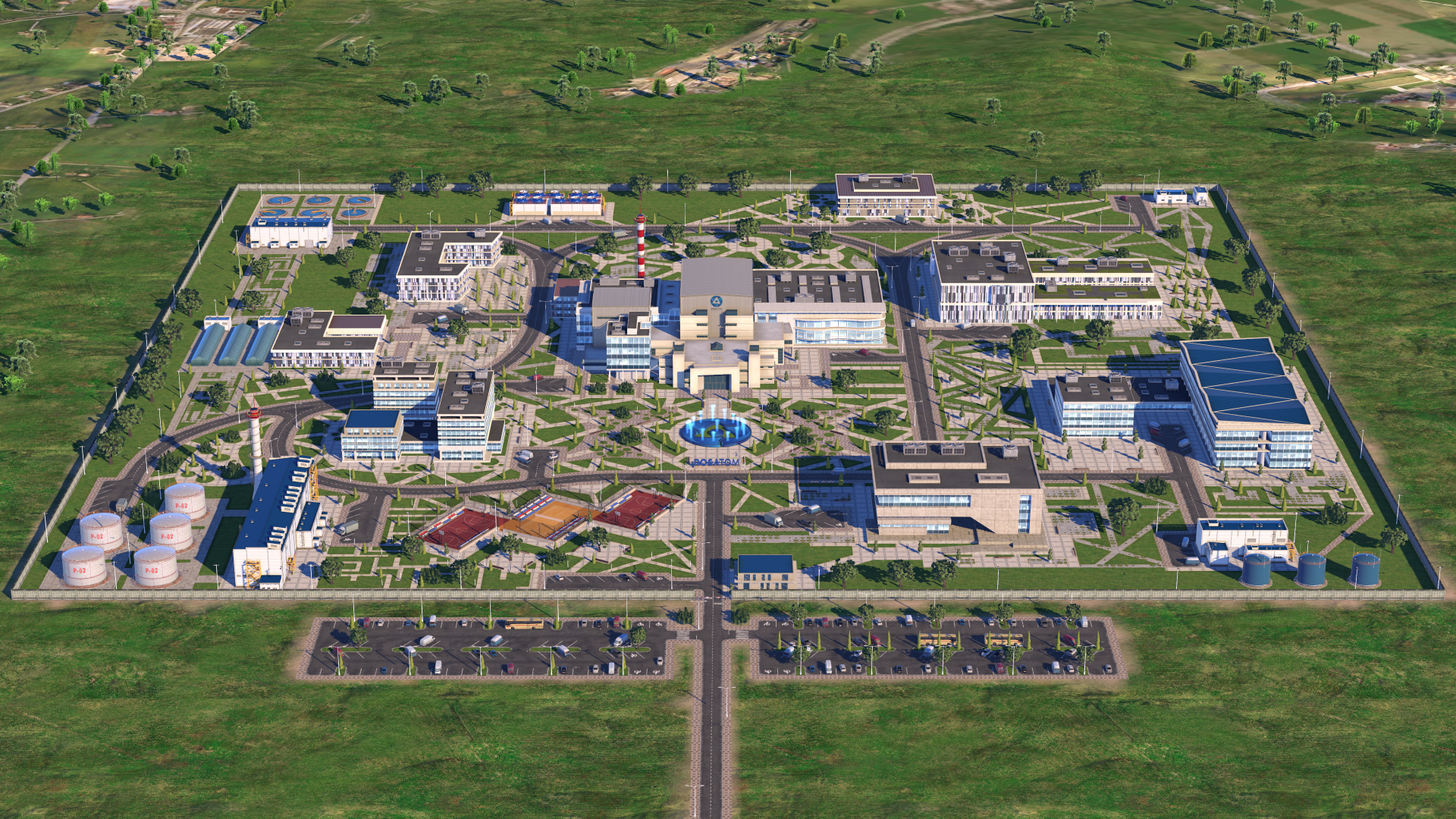
Driven by Sustainability
back to contentsThe Project Office for Sustainable Development Programs was established as part of Rosatom Corporate Development and International Business Department in early 2019 to coordinate the company’s sustainable development efforts.
System of Common Values
The pursuit of sustainable development goals became a priority for businesses more than 10 years ago, in response to the public demand for responsible consumption, environmental protection and respect for the rights of local communities. To satisfy the demand, companies started publishing special sustainability reports where they described all their steps and achievements in such areas as anti-corruption measures, fight against discrimination by sex or other criteria, environmental protection, local community support, etc.
The companies that comply with sustainable development principles are offered new opportunities, such as access to green or sustainable finance provided by some banks and development institutions. By contrast, the companies ignoring these principles may face restrictions and even lose the market.
The concept of sustainable development was taking shape gradually. An important milestone was reached in 2015 when the UN formulated 17 sustainable development goals which are expected to be achieved by 2030.
Rosatom is also working to ensure sustainable development. Specifically, the company has developed and released such regulatory documents as Environment Policy, Social Policy, Uniform Procurement Standard and others, and public reports on sustainable development in line with the guidelines of Global Reporting Initiative (GRI).
One of the reasons why Rosatom created a special office was because it wanted to systematize, formalize and quantitatively assess its efforts in life quality improvement so they could be evident for stakeholders. One more reason was the need to determine further areas of focus.
100-Point Rating Scale
By this year’s end, Rosatom is expected to receive a sustainability rating which will be assigned by a special agency. Independent experts will assess the company’s activity in three areas – environmental protection, social responsibility, and quality of business processes. Rosatom’s main criteria for choosing a rating agency were independence and experience, the latter being important for comparing the company with its peers in similar business areas.
The agency is going to draw up a questionnaire taking into account Rosatom’s business specifics. Within two or three weeks, the experts will collect answers and relevant documents which will later be analyzed for about one and a half months. The resulting report will be sent to the customer.
The company’s final rating will be based on a 100-point scale. The importance of this rating is that it enables Rosatom to determine its sustainable development level as per one of the market’s most popular assessment systems, and helps receive recommendations on steps to ensure the company’s further development.
Pilot Projects
The Project Office for Sustainable Development Programs is also involved in the implementation of a pilot project program. The plans are to deliver five projects by the end of 2019. Seven more projects, which require more time and human resources, are expected to be finished in 2020.
The pilot projects help to identify in specific contexts and within relatively short time how sustainable development principles impact performance of the companies involved in the projects.
Nuclear Energy (Large and small nuclear plants)
Rusatom Overseas (RAOS, a Rosatom Group company managing foreign projects for nuclear plant construction and operation) is delivering the first two projects which could be useful for national governments, top management of large energy vendors, consulting companies and international organizations. The project results will be summarized in an analytical report showing how the construction of large nuclear plants (Pilot Project 1) and small modular reactors (Pilot Project 2) can help achieve the sustainable development goals (specifically Goals 4–9 and 13).

The document will quantify the effects from operation of a nuclear plant, particularly the power prices keept stable for a long period. This factor may be a compelling argument to be used by the national government in negotiations with prospective investors in large projects. Rusatom Overseas also estimates that each dollar invested in a large nuclear plant will bring USD 1.9 to local stakeholders, USD 4.3 to the national GDP and USD 1.4 in taxes (similar calculations are being done for SMRs as well). Besides, nuclear plants can mitigate the environmental and epidemiological risks posed by air and water pollution caused by fossil fuels. According to the estimates of the project authors, a 1.2 GW nuclear power plant can annually cut carbon dioxide emissions by 7 million tons, while 5% utilization of nuclear plant capacity allows for supplying about 1 million people with clean fresh water for 60 years. Finally, the construction of a nuclear power plant is sure to result in a higher number of local skilled professionals and development of infrastructure (power lines and roads).
NSTC (Nuclear Science and Technology Center)
This project is also delivered by Rusatom Overseas and targets the same interest group as the previous two projects. Once the project is completed, the company will publish a report showing the goals that can be achieved with the help of the NSTC (Goals 2-4, 6, 9 and 12). The NSTC is a stand-alone project as its tasks are mainly associated with research and development. The scientists and students working in the NSTC learn how to operate reactors and handle nuclear materials and fuels, take part in scientific discussions, and have a chance to publish their surveys in peer-reviewed journals. RAOS also undertakes to train up to 400 operators under engineering, procurement and construction (EPC) contracts and arrange for admission quotas of up to 50 students in Russian universities.
With new specialized facilities and laboratories to join, the center is supposed to improve health of the local population. For instance, the irradiation unit with an annual capacity of 8,000 hours allows for twofold of food product shelf lives, thus resulting in lower hunger and poisoning risks and improving living conditions. The irradiation technology also improves the chances of obtaining quality certificates from importing countries and, consequently, increasing export earnings. Besides, the NSTC can be used for producing medical isotopes. According to the estimates of Rusatom Overseas, each dollar invested in the nuclear materials will bring five dollars to the economy thanks to reduced treatment duration.
Making Radiopharmaceuticals Available to Developing Countries
The project has been initiated by Isotope, Russia’s largest isotope supplier. Its results will be presented in a report describing the sustainability benefits the project can bring to customers. The primary goal of the project is to identify the target audience, its structure and problem zones, define the major indicators, and calculate the results.
Quality of Business Processes
The project is implemented by TENEX (a Rosatom’s subsidiary) with input from TVEL (Rosatom fuel company) and is intended to be useful for TENEX’s suppliers. Its result will be the Supplier Code of Conduct made in compliance with Goals 12 and 17. The document will declare the obligation of each supplier to comply with the sustainable development concept by avoiding damage to the environment, ensuring employee well-being and career growth, meeting regulations and standards, etc. TENEX’s suppliers will need to sign the Code because TENEX, as a supplier to foreign companies, is required to sign similar documents and ensure that its chain of suppliers sticks to sustainable development principles. To make sure that suppliers comply with the Code, TENEX plans first to conduct a survey and then comprehensive audits. Once the Code is approved in September, it is expected to be gradually introduced in TENEX’s procurement processes.
The results of the pilot projects will be of great use for other nuclear companies planning to make changes to their business processes.




